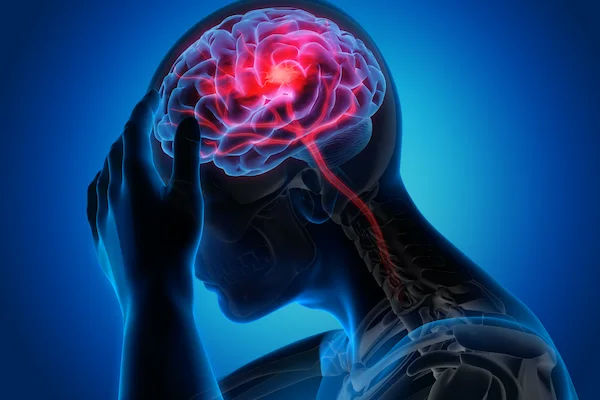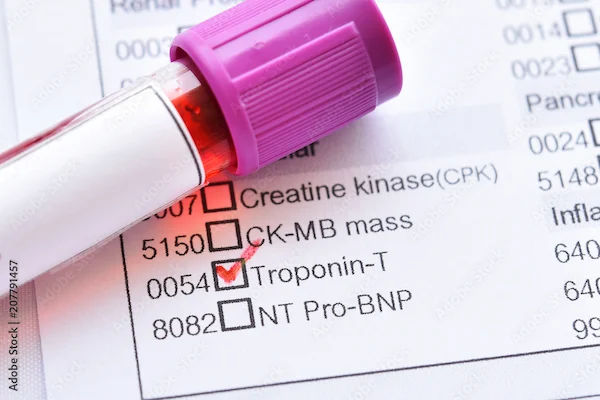- Male
- 54 Years
- 20/02/2025
I'm really confused about this whole ventricular tachycardia situation. At first, they thought I needed an ICD implant, but after more tests like echo, angiography, and X-ray at SGPGI Lucknow, they said my heart looks fine and don't recommend the implant anymore. I'm worried because they still haven't figured out what's causing my irregular heartbeat. What could be going on, and what should I do next?
Answered by 1 Apollo Doctors
The cause of ventricular tachycardia can be multifactorial, and sometimes it may not be easily identified. Some possible causes include coronary artery disease, cardiomyopathy, electrolyte imbalances, structural heart defects, or certain medications. In some cases, it may be idiopathic, meaning no specific cause can be found. To further investigate the cause of your irregular heartbeat, additional tests may be needed such as a Holter monitor to record your heart's electrical activity over a period of time, an electrophysiology study to evaluate the heart's electrical system, or genetic testing if there is a suspicion of an inherited condition. In terms of treatment, if the cause of the ventricular tachycardia is not identified, management may involve medications such as beta-blockers or antiarrhythmic drugs to help control the heart rhythm. Lifestyle modifications such as avoiding triggers like caffeine or alcohol, managing stress, and regular exercise may also be beneficial. It is important to follow up with your healthcare provider regularly to monitor your condition and adjust treatment as needed based on your symptoms and test results.
Dr. Shubham Suggests...
Consult a Cardiologist
Answered 04/07/2025
0
0

More Cardiology Health Queries
View allWhat are the 4 stages of hypertension?
Elevated: Systolic between 120-129 and diastolic less than 80; Stage 1: Systolic between 130-139 or diastolic between 80-89; Stage 2: Systolic at least 140 or diastolic at least 90 mm Hg; Hypertensive crisis: Systolic over 180 and/or diastolic over 120
Answered by 1 Apollo Doctors
I'm a bit concerned about my ECG results. The report shows a PR of 102 and I'm not sure if that's within the normal range. I've also attached the ECG here for you to take a look. Could you let me know if everything seems okay? We're also considering cataract surgery, so I wanted to check if this ECG is fine before moving forward with that.
An ECG with a PR interval of 102 milliseconds is within the normal range. As for cataract surgery, it is important to assess your overall health condition before proceeding. Please consult with your ophthalmologist to determine if you are a suitable candidate for cataract surgery.
Answered by 1 Apollo Doctors
I'm really concerned because my ECG showed an abnormal result yesterday with something about an RBBB block. Is this something serious, and should I head straight to the hospital? Or can I just stick with the medication that was given to me at the health camp?
Yes visit Cardiologist for further evaluation and appropriate management
Answered by 1 Apollo Doctors
Disclaimer: Answers on Apollo 247 are not intended to replace your doctor advice. Always seek help of a professional doctor in case of an medical emergency or ailment.





